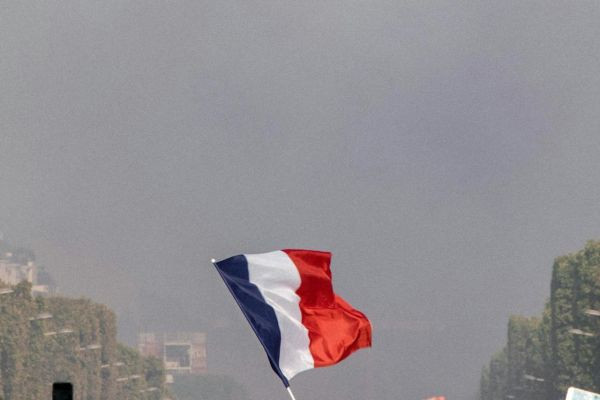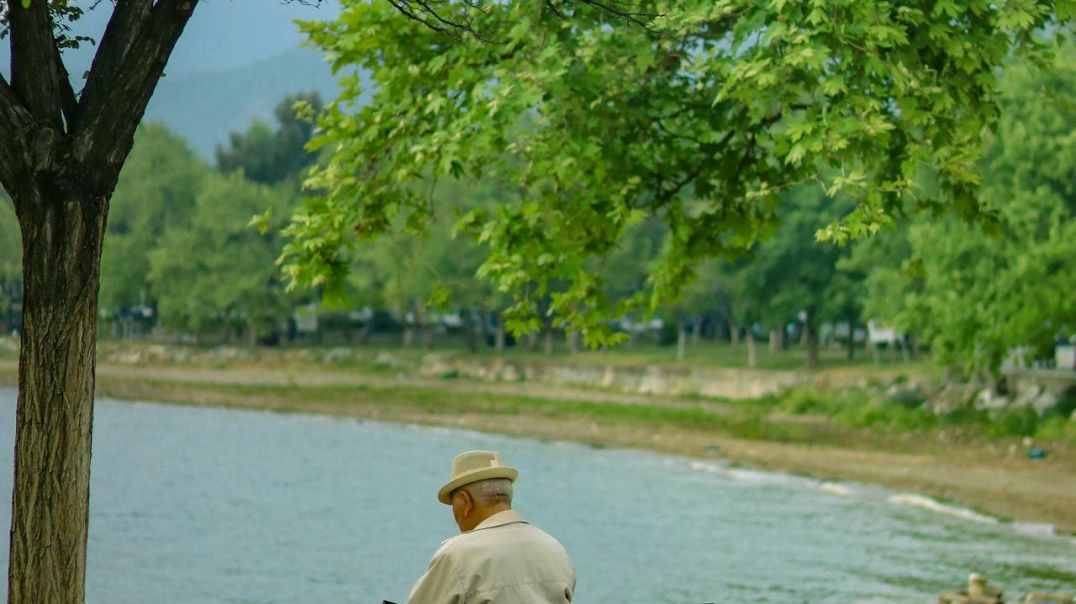In recent years, a series of military coups have swept through several West African nations, many of which are former French colonies. Countries such as Mali, Burkina Faso, and Niger have experienced upheavals, challenging the democratic norms and stability in the region. These events have had significant repercussions not only in Africa but also in Europe, particularly in France.
France's Historical Ties and the Modern Political Landscape
France's historical relationship with its former colonies in West Africa, often termed "Françafrique," has been characterized by both cooperation and controversy. Even after these nations gained independence, France has maintained substantial economic and military influence. This continued involvement has often been framed as neocolonialism, with French multinationals and military interventions playing prominent roles in the region (Jacobin).
The recent coups have destabilized these relationships, leading to the withdrawal of French troops and the collapse of French-supported regimes. For instance, the coup in Niger led to the expulsion of French forces and a reassessment of French foreign policy in the Sahel (POLITICO). These events have sparked debates within France about the country’s role in Africa and the effectiveness of its foreign policy.
Migration and Economic Concerns
The instability in West Africa has also fueled migration towards Europe, with many West Africans fleeing economic hardship and political instability. This migration has become a contentious issue in France, where economic downturns and high unemployment have heightened anti-immigrant sentiments. Far-right parties, such as Marine Le Pen's National Rally, have capitalized on these sentiments, framing immigration as a threat to French identity and security (Council on Foreign Relations).
The portrayal of migrants as economic burdens and security risks has resonated with a segment of the French populace, particularly in the context of France's struggling economy. The far-right’s narrative often ties these migrants to the instability in their home countries, which France has historical connections to, thus feeding a cycle of blame and xenophobia.
Media Influence and Political Gains
Far-right media outlets have played a crucial role in amplifying these issues, often using the turmoil in West Africa as a backdrop to criticize the French government’s immigration policies. The portrayal of France as being overrun by migrants from its former colonies has been a powerful tool for far-right politicians. This narrative not only galvanizes their base but also attracts new supporters who are disillusioned with the mainstream political responses to these challenges (Jacobin).
Moreover, figures like Marine Le Pen have strategically used these crises to argue for stricter immigration controls and a reevaluation of France's foreign engagements. By linking the instability in West Africa to domestic security and economic issues, they have successfully broadened their appeal.
Conclusion
The recent coups in West Africa have significantly impacted the political landscape in France, contributing to the rise of far-right parties. These events underscore the complex interplay between international developments and domestic politics. As France continues to navigate its historical ties with West Africa and the challenges posed by migration and economic instability, the influence of far-right parties is likely to persist, driven by their ability to capitalize on these multifaceted issues.
For more insights on this topic, visit Politico and Jacobin.










